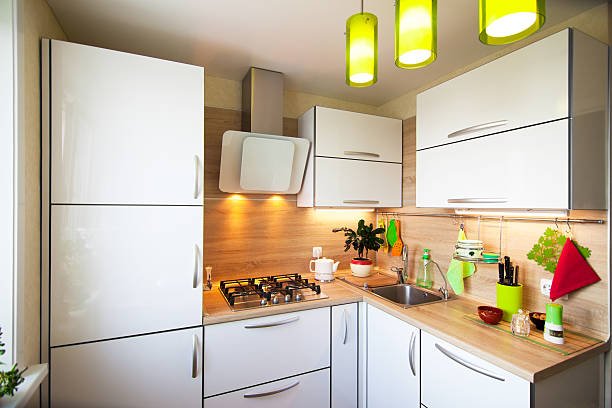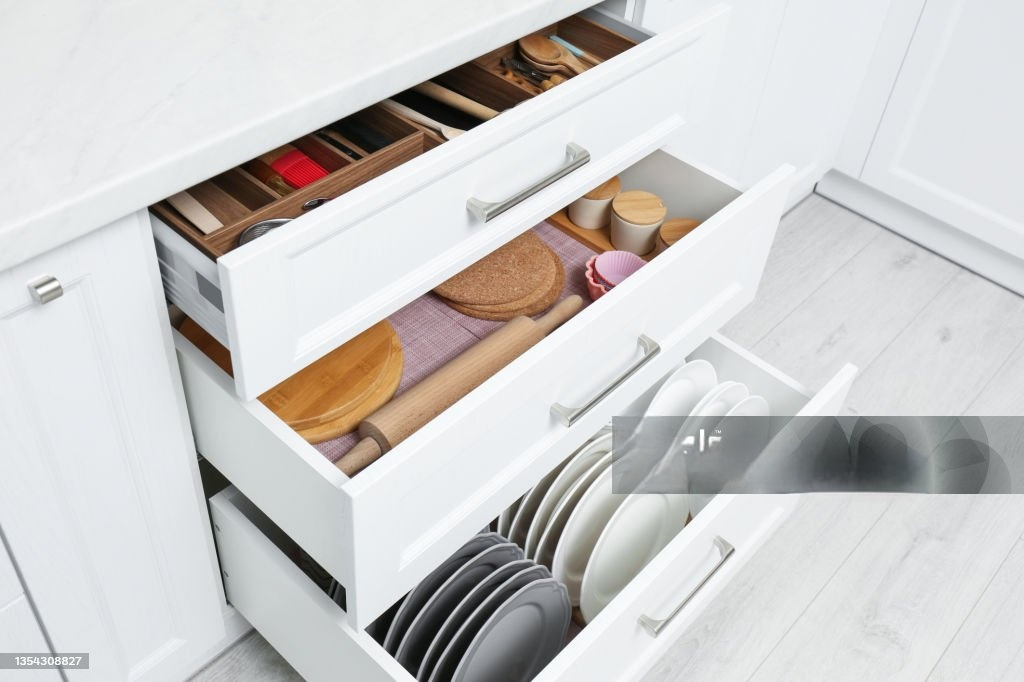
Sustainable Storage: Eco-Friendly Organizing Tips
In the era of environmental consciousness, sustainable living extends beyond reducing plastic use and energy consumption—it also encompasses the way we organize and store our belongings. Embracing eco-friendly organizing practices not only minimizes our carbon footprint but also promotes a clutter-free and harmonious living space. In this blog post, we’ll explore a myriad of sustainable storage solutions and eco-friendly organizing tips to help you declutter while being mindful of the planet
1. Upcycled Storage Containers
Repurpose everyday items such as old crates, wooden boxes, or vintage suitcases into stylish and functional storage containers. This not only breathes new life into discarded items but also reduces the need for purchasing new storage solutions.
2. Natural Fiber Baskets and Bins
Opt for storage containers made from sustainable materials like seagrass, bamboo, or jute. These natural fibers are not only biodegradable but also add a touch of earthy charm to your organizational aesthetic.
3. DIY Drawer Dividers
Rather than buying plastic drawer dividers, consider creating your own using recycled cardboard or wooden pieces. This DIY approach minimizes waste and allows for customized organization within your drawers.
4. Reuse Glass Jars
Empty glass jars from pasta sauces, jams, or pickles can find a second life as storage containers for kitchen staples, spices, or crafting supplies. Label them for easy identification and enjoy a clutter-free and sustainable pantry.
5. Invest in Sustainable Shelving
When choosing shelves for your home, look for options made from reclaimed wood or sustainable materials. These not only provide sturdy storage solutions but also contribute to the conservation of forests and natural resources.
6. Declutter Responsibly
When decluttering, consider donating items that are in good condition rather than discarding them. Thrift stores, shelters, and community centers can benefit from your unwanted items, extending the lifecycle of your possessions.
7. Digitalize Documents
Reduce paper clutter by digitizing important documents. Invest in a scanner or use smartphone apps to create a digital archive, minimizing the need for physical storage space and paper usage.
8. Choose Recycled Storage Furniture
When adding storage furniture to your home, opt for pieces made from recycled materials. Companies increasingly offer stylish and functional furniture crafted from reclaimed wood, recycled metal, or other upcycled components.
9. Seasonal Rotation for Clothing
Implement a seasonal rotation system for your wardrobe. Store off-season clothing in reusable, breathable bags made from natural materials. This reduces the need for excessive closet space and helps you make the most of your existing wardrobe.
10. Swap Plastic Hangers for Sustainable Alternatives
Replace plastic hangers with eco-friendly options made from bamboo or recycled materials. Not only are these hangers durable, but they also contribute to minimizing the plastic waste generated from conventional hangers.
11. Composting for Decluttering Green Waste
For those with green thumbs, consider composting kitchen waste like fruit peels, vegetable scraps, and coffee grounds. This not only helps with waste reduction but also creates nutrient-rich compost for your garden.
12. DIY Eco-Friendly Cleaning Supplies
Create your own cleaning solutions using natural ingredients like vinegar, baking soda, and essential oils. This reduces the need for multiple cleaning products in plastic packaging and promotes a healthier indoor environment.
13. Label Responsibly
When labeling storage containers, opt for reusable options like chalkboard labels or tags made from recycled materials. Avoid single-use labels that contribute to unnecessary waste.
14. Mindful Purchasing
Before buying new storage solutions, assess your existing containers and repurpose them if possible. When new purchases are necessary, prioritize items made from sustainable materials and designed for longevity.
15. Community Swap Events
Engage with your local community through swap events where residents can exchange items they no longer need. This not only promotes sustainability but also fosters a sense of community and reduces overall consumption.
Conclusion
Incorporating sustainable storage and organizing practices into your lifestyle not only supports the environment but also creates a more mindful and intentional living space. From upcycled storage solutions to eco-friendly furniture choices, these tips empower you to declutter responsibly and contribute to a greener, cleaner future. By embracing sustainable storage, you not only organize your space efficiently but also become a steward of the planet, making small but impactful choices every day.




